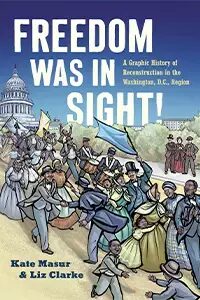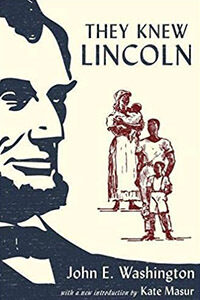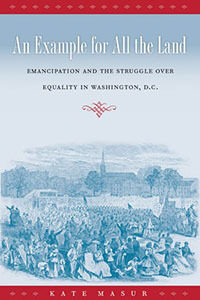Thaddeus Stevens introduces the 14th Amendment in the US House of Representatives, 1866
On May 8, 1866, Rep. Thaddeus Stevens introduced the Fourteenth Amendment to the US House of Representatives. A special congressional committee had been working on the amendment for months. This is an excerpt from Stevens' speech, which was published in the Congressional Globe (39th Cong., 1 sess., 2459). You can find the original source here.
I would not for a moment inculcate the idea of surrendering a principle vital to justice. But if full justice could not be obtained at once I would not refuse to do what is possible. The commander of an army who should find his enemy intrenched on impregnable heights would act unwisely if he insisted on marching his troops full in the face of a destructive fire merely to show his courage. Would it not be better to flank the works and march round and round and besiege, and thus secure the surrender of the enemy, though it might cost time? The former course would show valor and folly; the latter moral and physical courage, as well as prudence and wisdom.
This proposition is not all that the committee desired. It falls far short of my wishes, but it fulfills my hopes. I believe it is all that can be obtained in the present state of public opinion. Not only Congress but the several States are to be consulted. Upon a careful survey of the whole ground, we did not believe that nineteen of the loyal States could be induced to ratify any proposition more stringent than this . . .
The first section prohibits the states from abridging the privileges and immunities of citizens of the United States, or unlawfully depriving them of life, liberty, or property, or of denying to any person within their jurisdiction the ‘equal’ protection of the laws.
I can hardly believe that any person can be found who will not admit that every one of these provisions is just. They are all asserted, in some form or another, in our DECLARATION or organic law. But the Constitution limits only the action of Congress, and is not a limitation on the States. This amendment supplies that defect, and allows Congress to correct the unjust legislation of the States, so far that the law which operates upon one man shall operation equally upon all. Whatever law punishes a white man for a crime shall punish the black man precisely in the same way and to the same degree. Whatever law protects the white man shall afford ‘equal’ protection to the black man. Whatever means of redress is afforded to one shall be afforded to all. Whatever law allows the white man to testify in court shall allow the man of color to do the same. These are great advantages over their present codes. Now different degrees of punishment are inflicted, not on account of the magnitude of the crime, but according to the color of the skin. Now color disqualifies a man from testifying in courts, or being tried in the same way as white men. I need not enumerate these partial and oppressive laws. Unless the constitution should restrain them those States will all, I fear, keep up this discrimination, and crush to death the hated freedmen. Some answer, ‘Your civil rights bill secures the same things.’ That is partly true, but a law is repealable by a majority. And I need hardly say that the first time that the South with their copperhead allies obtain the command of Congress it will be repealed. The veto of the President and their votes on the bill are conclusive evidence of that. . . . This amendment once adopted cannot be annulled without two thirds of Congress. That they will hardly get.
Discussed in Until Justice Be Done, 339.




